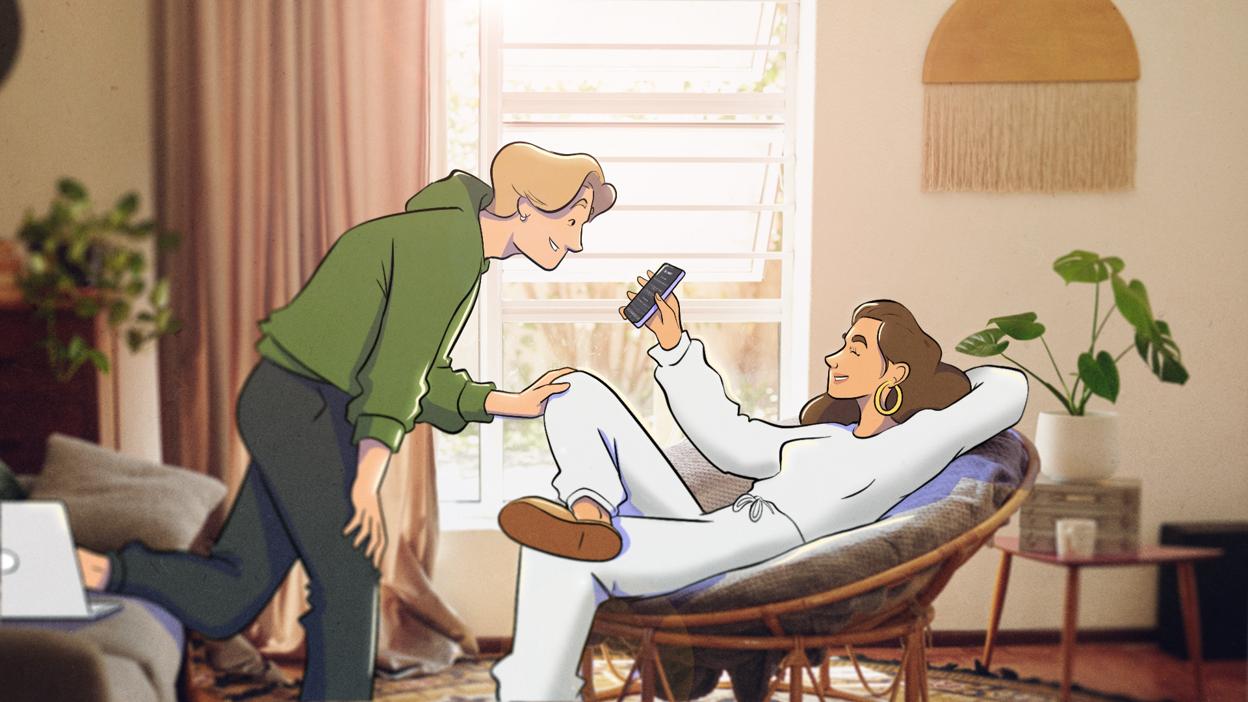Artificial intelligence has made great strides in recent years, from self-driving cars to virtual assistants like Siri and Alexa. However, one area where AI still struggles is in being funny. Humor is subjective and relies on context, timing, and understanding of social cues – all of which are challenging for AI to master.
One reason why being funny is AI’s toughest test is that humor is inherently human. It involves recognizing patterns, making connections, and understanding subtleties in language and tone. These are things that come naturally to humans, but are difficult for AI to replicate. While AI can generate jokes based on algorithms and pre-written punchlines, it often falls flat because it lacks the nuance and creativity that humans bring to humor.
Furthermore, humor is constantly evolving and changing. What was funny yesterday may not be funny today, and what one person finds hilarious, another may find offensive. AI struggles to keep up with these shifts in cultural norms and societal trends, making it difficult for it to consistently deliver humor that resonates with people.
Additionally, humor often relies on shared experiences and references that are unique to each individual. AI may not have the same background knowledge or personal insights that humans do, limiting its ability to make relevant and engaging jokes. A joke that relies on a specific cultural reference or inside joke may fall flat if the AI does not have the necessary context to understand it.
Despite these challenges, researchers and developers continue to work on improving AI’s ability to be funny. Some are experimenting with neural networks and deep learning algorithms to teach AI how to understand humor and generate jokes that are both clever and contextually appropriate. Others are using machine learning to analyze vast amounts of data to identify patterns in humor and develop algorithms that can generate jokes that are more likely to resonate with people.
While AI still has a long way to go before it can truly master the art of being funny, the progress being made in this area is promising. As technology continues to advance and researchers gain a better understanding of the complexities of humor, we may one day see AI that can not only make us laugh, but truly connect with us on a human level. Until then, the next time you encounter a joke from your virtual assistant that falls flat, just remember that being funny is AI’s toughest test – but one that it is working hard to pass.
Hey Subscribe to our newsletter for more articles like this directly to your email.
